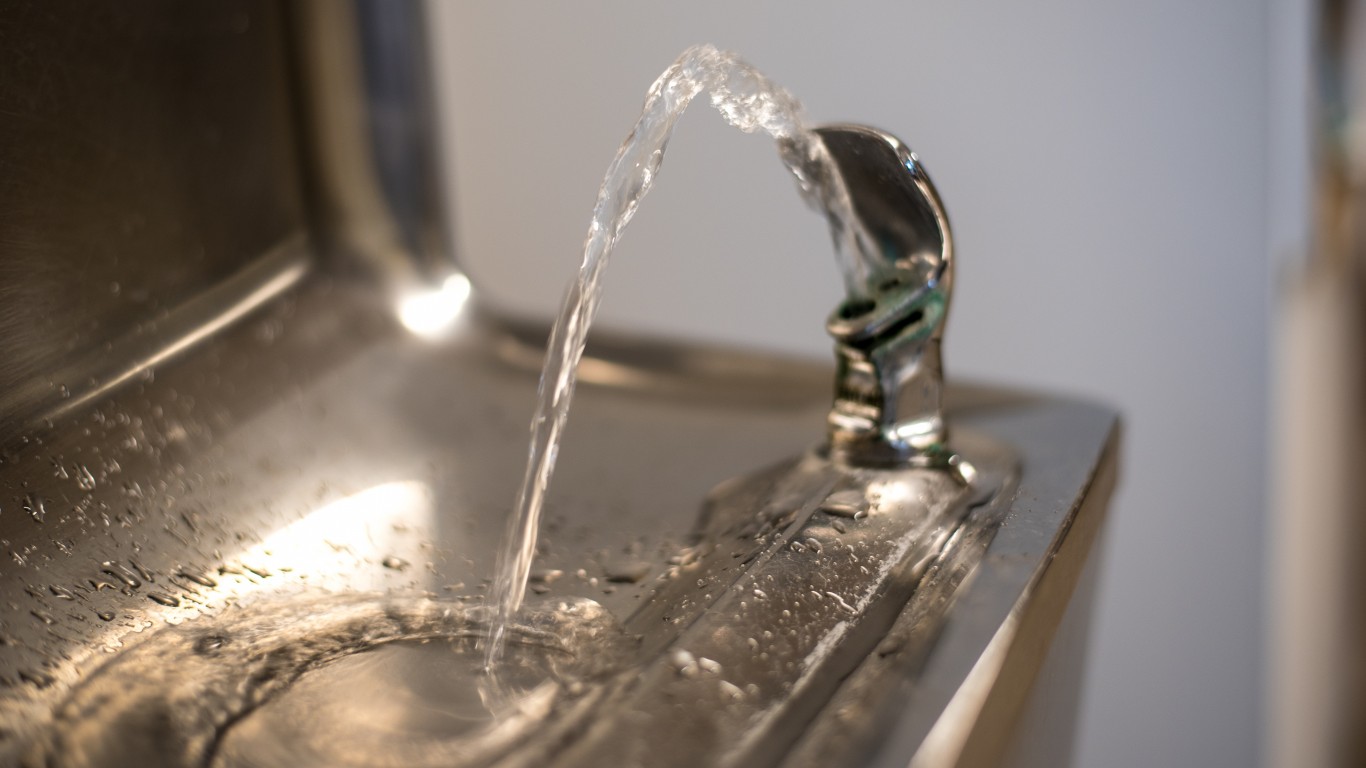
Flint, Michigan, has had dangerous water for five years, at least. It contains too much lead. Newark, New Jersey, faces a similar crisis. Although most drinking water in the United States is deemed “clean,” a number of communities have drinking water that falls outside the safety measures put into the place by the U.S. Environmental Protection Agency (EPA). There is an established definition of what clean water is, and what makes it clean, for people who worry about their own supply.
Some Americans get water from wells on their own property or nearby. Others get water from community systems, like the ones in Flint and Newark.
According to National Public Radio, there are four steps for water cleanings, although they may not be enough if that water already has certain substances in it.
- Coagulation and flocculation – Chemicals are added to the water. They bind with the dirt and dissolved particles, forming larger particles called floc.
- Sedimentation – The floc is heavy, so it settles to the bottom of the tank.
- Filtration – The clear water on top passes through filters composed of sand, gravel and charcoal to remove dissolved particles such as dust, parasites, bacteria, viruses and chemicals.
- Disinfection – Chlorine or chloramine is added to kill parasites, bacteria, viruses and germs. Fluorine is added to prevent tooth decay.
This set of cleaning processes does little to help with the worst problems. These include lead, mostly from pipes. Water sources near farms can contain nitrates used in fertilizers. Water can be too salty, which desalination can sometimes change, though that is not done on a large scale anywhere.
Science News recently reported that water is “underscreened” for dangerous chemicals. What happened in Flint and Newark supports this. Chemicals do not kill all bacteria and dangerous microorganisms. It is not hard to argue that there is no guarantee for absolutely clean drinking water at all. Even under these circumstances, the U.S. situation is better than in countries with very little access to drinking water at all.
Thank you for reading! Have some feedback for us?
Contact the 24/7 Wall St. editorial team.

